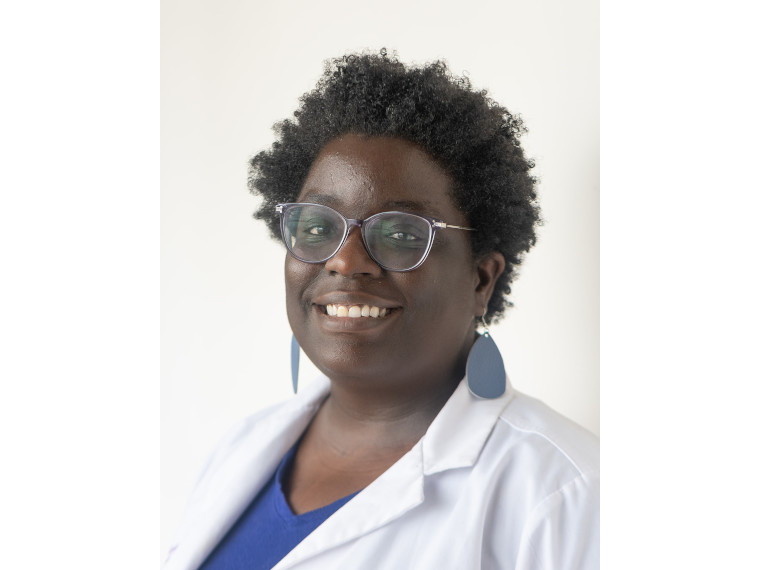Written by Dr. Aisha Harris
Did you know there is a screening for lung cancer? Many people do not.
Lung cancer is the second most common cancer in both men and women.
“Lung cancer is by far the leading cause of cancer death in the US, accounting for about 1 in 5 of all cancer deaths. Each year, more people die of lung cancer than of colon, breast and prostate cancers combined,” according to the AmericanCancer Society.
So, screening should be on our radar more often than it is.
Lung cancer occurs mostly in people who are older, with most diagnosed at age 65 years or older.
But, it can happen to people in their 40s and 50s, too.
Lung cancer screening consists of a low-dose CT lung scan to see if there are any abnormal tissues, nodules or masses in the lungs. It is an exam that should be done every year to screen for lung cancer.
November is Lung Cancer Awareness month, and lung cancer screening is recommended for people over 50 years old who smoke cigarettes and have at least a 20 pack-year history. Pack year history is calculated based on the number of packs of cigarettes smoked per day multiplied by the number of years smoked. So, for example, smoking two packs a day over 10 years equals 20 pack-years (because 2 X 10=20).
It is not an exact calculation, but an estimation that helps determine the lung cancer risks in an individual.
Individuals with 20 pack-year history and over 50 years old are recommended to get lung cancer screening if they are currently smoking or quit within the last 15 years.
Smoking cigarettes is the leading risk factor for lung cancer, but there are many different types of lung cancer and risk factors. Secondhand smoke due to cigarettes can be a risk factor, too.
Luckily, the number of new cases of lung cancer is decreasing as less people are starting to smoke cigarettes, more people are actively quitting smoking and early detection is becoming more frequent.
There are multiple ways to treat lung cancer through surgery, chemotherapy, and radiation but ultimately decreasing your risk of lung cancer and not, or stopping, smoking is recommended.
Additionally, smoking cigarettes increases an individual’s risk of other cancers, not just lung cancer. To stop smoking is recommend across the board when it comes to cancer prevention.
If you smoke cigarettes and want to quit, talk to your medical doctor about stopping and medication options. Visit smokefree.gov for resources, tools and tips.
If you are over 50 years old and have been smoking for multiple years, talk to your doctor to see if you meet the criteria for lung cancer screening through a low-dose CT scan. Staying on top of cancer screenings is a way to detect abnormal tissue early and get the best treatment and management options.
Dr. Aisha Harris, MD, is a Flint native and board-certified family medicine doctor at Harris Family Health in Flint, Michigan. Harris Family Health is a membership-based clinic that provides personalized and full primary care to adults and children. Learn more about Harris Family Health by visiting www.harrisfamilyhealth.com.
Feel free to submit health questions to Dr. Harris via theflintcouriernews@gmail.com.

